I am the proud mother to a vibrant 3.5-year-old, Émilie, who was diagnosed with Juvenile Idiopathic Arthritis (JIA) shortly before her second birthday. We were fortunate as a family to receive a diagnosis in a relatively rapid timeframe thanks to knowledge about navigating the health care system (I work as a nurse) and a dedicated team of caregivers including family, friends, mentors, professionals, and daycare staff. I hope that telling you about our journey so far can help you in yours. 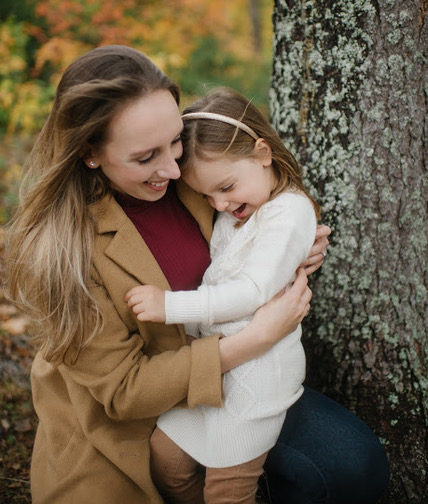
Fear, uncertainty, and hoping this would all go away
Our unexpected journey with JIA began in March of 2019 when we noticed Émilie was walking with a funny wiggle in the morning. I assumed it was related to a crooked and full diaper after waking up. I changed her diaper, made her breakfast and the wiggle was gone. She loved to dance and we noticed she started dancing by pushing herself with a single leg in a circle. At the time, we had also noticed behavioral changes, but she was constantly recovering from daycare-acquired infections and recently had a particularly bad case of hand-foot-and-mouth. I had also noticed she seemed warm to the touch in the afternoons when I picked her up from daycare but not warm enough to call a fever whenever I checked. Usually by the evening she was cooler and seemed in better spirits.
Despite being a very happy and spirited child, as parents we found that her basic needs of sleep and comfort were difficult to meet despite our best efforts. Being a first-time parent, working full time and newly expecting a second child, I assumed it was relatively normal to be facing these challenges with a toddler.
One day, Émilie’s educator reported to me that she was warm, and uncharacteristically did not want to walk or play outside. She wanted to be held which was a huge red flag for our independent daughter. She checked her shoes, and there were a few pebbles. The educator removed them but that did not seem to completely solve the issue. I took her home and noticed that she was limping significantly and had a swollen left knee. I knew that something was off and went to the emergency department to have her assessed. The emergency department fortunately ruled out some of the worst-case scenarios and sent us home without knowing much more other than she had elevated inflammatory markers and a large effusion – or abnormal collection of fluid – in her knee. We were told to closely monitor her for signs of sepsis and were referred to an orthopedic surgeon.
The weeks leading up to the diagnosis were some of the longest weeks of my life, full of uncertainty and fear tangled up with hope that this would all go away. 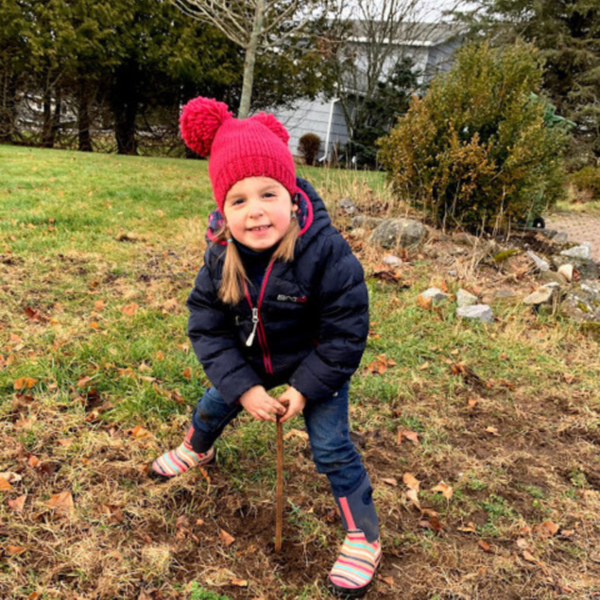
The orthopedic specialist kindly saw her and checked in daily. No improvement or deterioration was noted. Despite the specialist’s attentiveness, we required the specialized care of a pediatrician which we had to request more than once. Once connected to our pediatrician, we began to get more answers and were given a prescription for an anti-inflammatory. Finally, we saw our Émilie was feeling a little better and her limp was improving. A list of possible causes for her symptoms were explored and ruled out and we were referred to a pediatric rheumatology clinic at the IWK hospital in Halifax where we promptly were told that Émilie had JIA. It took several more visits to narrow down the diagnosis and we discovered more joints were affected overtime. It was validating in some respect to obtain a diagnosis; however, we did not fully understand the implications and all-encompassing nature the disease could have.
I had SO MANY questions and thoughts about her growth and development. Perhaps if you are a parent of a child with JIA reading this, you will have had or are having some of the same:
What will the future look like for her? When will she be in remission? How long will it last? Will she be limited in her activities or career options? Does this affect her lifespan? Is the medication making her feel sick to her stomach? What if she doesn’t get her full dose? Is there pain somewhere else we don’t know about because she’s not super verbal yet at 22 months? Will we tell others about this, or do we keep this on a need-to-know basis? Will people treat her differently? What else can we do about this? What caused this? Did I cause this? Will we inadvertently treat her differently because she has this disease? Are we doing enough? When do I tell her she has JIA? How will I work with all these appointments? Everyone tells me we should try a gluten free diet, maybe we should? Should I get another opinion or consider complementary therapies? Will her vision be affected? What did the specialist say again? Is she having a tantrum because she can’t catch her shadow or is it pain? Is this related to the copious amounts of avocado and egg she consumes?
There were so many unknowns and hundreds of questions that I wanted answers to RIGHT NOW to give me the semblance of control over my child’s health.
Taking Care of Me: Connection, Information and Boundaries
Nearly two years later, we’re still working on answering questions and understanding how JIA may affect Émilie. But I’ve come to appreciate that it’s best to take on a healthy balance of being in the moment while also practicing being proactive.
This hint of ‘balance’ combined with a support network and education through Cassie and Friends allowed our family to gain a better understanding of what life with JIA means.
I felt a bit alone in my journey, not knowing other parents with children affected by JIA. I wanted to know what it was like firsthand to raise a child with JIA and if I had to adjust my expectations. After seeing a poster at the IWK for Cassie and Friends, I decided to reach out to request a mentor. I was matched with someone across the country in BC who had a daughter diagnosed at the same age as mine, and who was now an effervescent teenager. It was incredibly relieving to hear both the struggles and growth this family had experienced because of their journey with JIA. My mentor was realistic, but hopeful, things I yearned to be. She had the kind of wisdom only lived experiences can foster. I felt more ready to face this journey after connecting with her. 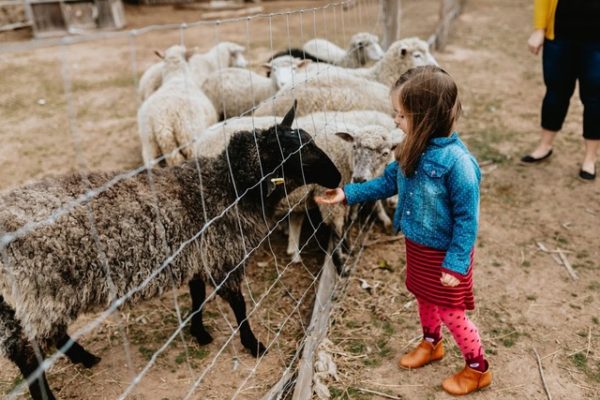
Cassie and friends also helped us get access to reputable resources to support us in achieving Émilie’s best health like webinars. C&F also gave me hope by seeing other kids/young adults with JIA living fulfilled lives and overcoming the hurdles that the disease can bring. Education and connection were key for us to move in a positive direction.
Our family and friends were generally sympathetic when we shared Émilie’s journey. I was quite surprised and unprepared, however, at the frequency of the well-intentioned yet truly unhelpful comments we received. These comments provided me with the opportunity for growth but were still insensitive. When expressing our concerns or worries we’d hear comments like “at least it’s not cancer” or “it could be worse” or “it’ll probably just go away”. These statements made me feel like I wasn’t appreciative of my daughter’s health status. It made me feel like my feelings of fear were not valid and that I should maintain a toxic positive attitude surrounding this potentially life-altering diagnosis. I came to understand that it can be difficult for people without chronic illness experience to understand what living with a chronic illness is like. We couldn’t change how others chose to respond, but we could choose who to discuss health matters with and choose to not engage.
Unexpected Silver Linings: What JIA has Taught Me 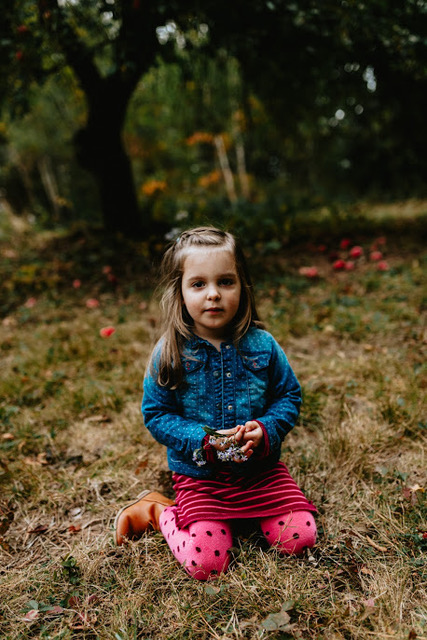
Émilie is now almost 4 and thriving. She loves reading books, playing outside, skating, and taking care of her younger brother Cole. Her unyielding curiosity and energy inspires us daily. She’s currently in medical remission and we are grateful for every day she can run jump and play without pain.
Despite some hardships, I have found our journey has had a multitude of silver linings that I am grateful for. I was given the unusual opportunity to profoundly reflect on what I want for my child and what kind of parent I want to be. Our unwavering love for her was most certainly confirmed. It has been an opportunity to learn what living in the moment truly means. We are now part of an amazing supportive community through C&F. I’m in better shape since I’m training to run my first 5k this month in support of C&F. We were also given the chance to reframe what health as a whole means to our family. For us, health means happiness. In the beginning of our journey, my biggest fear as a parent was that Émilie’s arthritis would hinder her growth. I’m now confident that learning to cope with arthritis throughout her childhood will give Émilie the tools to grow into a resilient person bound to exceed her potential.
Our final session of the 2020-21 Virtual Education Series aims to equip caregivers in the pediatric rheumatic disease community with critical tools needed to rest, recharge, and remember that they, too, need care. Join us on Saturday, May 29th @ 4:30 pm PST / 7:30 pm EST for a special caregiver-focused session with author and certified family life educator, Lisa Greene.
What to expect from the session:
This workshop is designed to help you take care of yourself and manage the emotional rollercoaster commonly associated with parenting a child with a chronic medical condition. Specifically, this session will help you:
- develop an increased understanding of your emotions
- understand the cycle of grief and chronic sorrow
- recognize clinical symptoms of depression and anxiety that deserve professional help
- identify ways to cope with difficult feelings and stress
- explore wellness/self-care strategies that work best for you
- connect with other caregivers in small breakout room discussions
Take a new step towards caregiver self-care and register for this session today at cassieandfriends.ca/yourlifejacket.


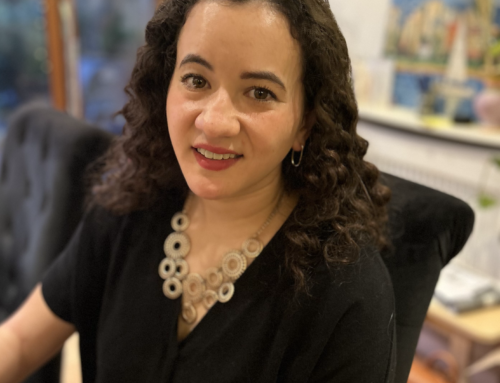
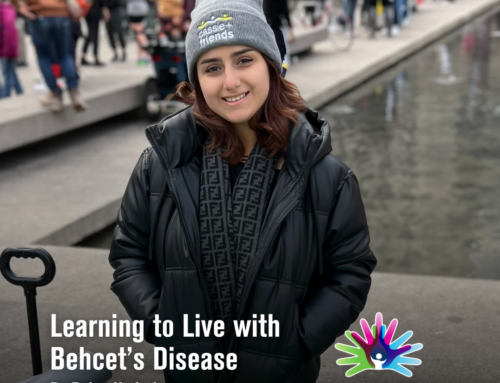
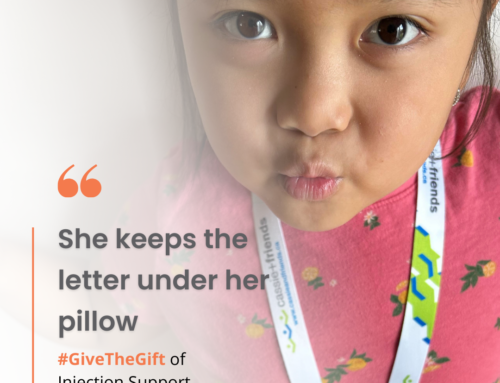





Leave A Comment